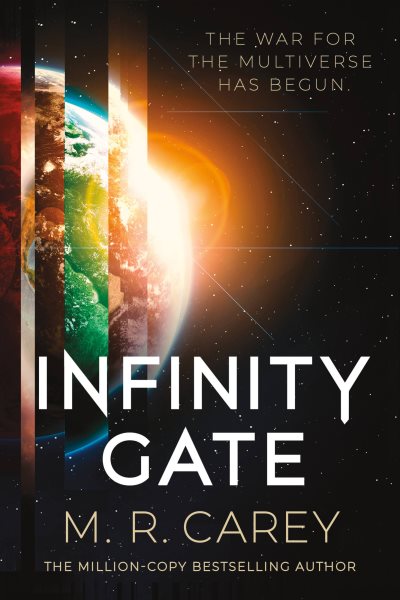Zach Flanders stopped reading

The Dawn of Everything by David Graeber, David Wengrow
For generations, our remote ancestors have been cast as primitive and childlike--either free and equal innocents, or thuggish and warlike. …
Dad, software developer, former urban planner. Likes bikes, books, maps, and pastries.
This link opens in a pop-up window
No books found.

For generations, our remote ancestors have been cast as primitive and childlike--either free and equal innocents, or thuggish and warlike. …

For generations, our remote ancestors have been cast as primitive and childlike--either free and equal innocents, or thuggish and warlike. …

E-book extra: In-depth study guide.Shevek, a brilliant physicist, decides to take action. He will seek answers, question the unquestionable, and …

E-book extra: In-depth study guide.Shevek, a brilliant physicist, decides to take action. He will seek answers, question the unquestionable, and …

Walkaway is a 2017 science fiction novel by Cory Doctorow, published by Head of Zeus and Tor Books. Set in …

Data is at the center of many challenges in system design today. Difficult issues need to be figured out, such …

"The Pandominion: a political and trading alliance of a million worlds. Except that they're really just one world, Earth, in …

"The Pandominion: a political and trading alliance of a million worlds. Except that they're really just one world, Earth, in …

WINNER OF THE 2017 PULITZER PRIZE GENERAL NON-FICTION
From Harvard sociologist and MacArthur “Genius” Matthew Desmond, a landmark work of …

WINNER OF THE 2017 PULITZER PRIZE GENERAL NON-FICTION
From Harvard sociologist and MacArthur “Genius” Matthew Desmond, a landmark work of …

Data is at the center of many challenges in system design today. Difficult issues need to be figured out, such …
I find that programmers seem better at coordinating work and communicating about work compared to other fields that I have experience with. The work is organized in a much more humane way than the email inbox driven hyper-active hive-mind model of other office workers so vividly described in Cal Newport’s in “A World Without Email”. In fact, programmers seem to already be living in that future utopia of an emailless world. How did it get to be this way? I think this book may have played a major role.
Despite being only a few years removed from computer programs consisting of stacks of cards, high level languages being a new thing compared to assembly language, and changesets being distributed via microfilm, this book, originally published in 1975, outlines a way of developing software that resonates today:
In “The Surgical Team” Brooks outlines the roles required in a software development shop: …
I find that programmers seem better at coordinating work and communicating about work compared to other fields that I have experience with. The work is organized in a much more humane way than the email inbox driven hyper-active hive-mind model of other office workers so vividly described in Cal Newport’s in “A World Without Email”. In fact, programmers seem to already be living in that future utopia of an emailless world. How did it get to be this way? I think this book may have played a major role.
Despite being only a few years removed from computer programs consisting of stacks of cards, high level languages being a new thing compared to assembly language, and changesets being distributed via microfilm, this book, originally published in 1975, outlines a way of developing software that resonates today:
In “The Surgical Team” Brooks outlines the roles required in a software development shop: The surgeon/copilot (product development), the administrator (project management), the toolsmith (dev-ops), and the tester (QA).
In “Why Did the Tower of Babel Fail”, Brooks advocates for a “Project Workbook” with features that today are available in tools such as Jira and Github.
The idea of developing a MVP and iterating on it is the topic of “Plan to Throw One Away”.
“The Other Face” advocates for writing self-documenting code with meaningful names, formatting, and comments. These ideas are greatly expanded on in Clean Code by Robert C. Martin.
That said I would not recommend this book for someone just wanting to get up to speed on these topics. For one thing, I found the outdated language distracting; as the title suggests, every programmer in this book is a “man.” Much of the book is spent discussing obsolete software and hardware systems. But as a fascinating time capsule into the history of computing and the development of the practice of programming it is worth a read and still offers relevant lessons 48 years later.

Classic text on the human side of software engineering, containing essays on the management of software teams, projections about how …

Even through the roar and effervescence of the 1920s, everyone in New York has heard of Benjamin and Helen Rask. …